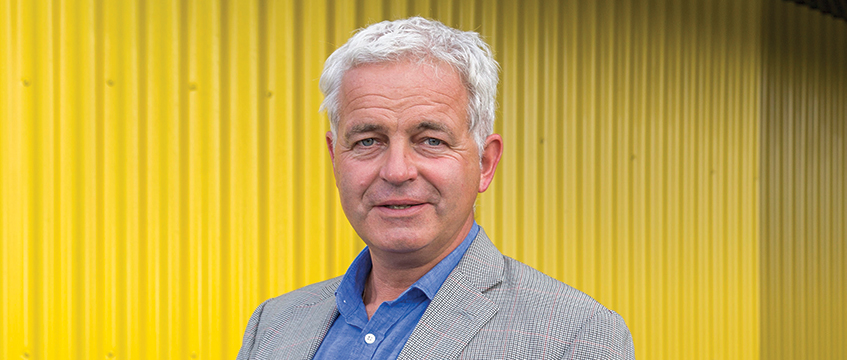U+I has suffered widening losses and a 15% drop in portfolio value, in what chief executive Richard Upton called a “hugely disappointing” performance for the year ending March.
The company also announced that chairman Peter Williams will be stepping down from the board as part of a leadership shake-up.
The firm’s annual loss before tax grew to £86.7m, from £58.6m. This was mainly driven by development and trading losses of £39.1m.
The value of its investment portfolio declined by 15% to £95.5m, which U+I said was largely driven by reduced market confidence in retail properties and the impact of the pandemic.
Basic NAV per share fell to 163p, compared with 232p in the previous year.
Chief executive Richard Upton said: “We have made some clinical decisions in many areas of the business, resulting in further development and trading asset impairments. Covid-related market issues further added to us reporting hugely disappointing financial results today.
“I am absolutely determined that these years of underperformance are now behind us. From here, we will build trust and shareholder value. We have reset the strategy, refocused management, monetised assets, removed costs, reduced debt and reviewed the board’s composition.
“What we now have is a refreshed business that is not only sustainable for the long-term but one that is simpler, stronger and more shareholder-focused. It is a business that is ready to deliver on its promises.”
The results come after the firm conducted a 100-day strategy review focusing on slimming down the portfolio to fewer, higher-margin core projects. Upton told EG that the business structure was “too complicated” and hard to understand, and that the team needed to be strengthened from “top to bottom”.
Following the review, Upton is upbeat that U+I is now “reset” for growth and is “poised to take advantage of post-Covid recovery”.
“We don’t want to make any empty promises. We’re pretty famous in our industry for making amazing places – we want to become equally famous for driving returns for shareholders,” said Upton.
“All of our work in the next year – and we can be held to account for this – is about proving this business model and growing a business that is fundamentally focused on urban regeneration and mixed-use regeneration.
“The proof of that pudding is the continued progress of strengthening that balance sheet and capitalising major projects with more patient capital, which is increasingly moving up the risk curve.”
U+I said the business is on track to generate £130m proceeds by its 2022 financial year from its monetisation programme, with £54.5m of this already complete.
Gross recurring overheads have also been cut by 26% to £15.5m. Gearing has decreased to 35.5%, towards a targeted level of between 25% and 35% by the end of 2022.
The firm’s goal is to generate around £50m from non-core disposals this year and a further £80m during the 2022 financial year. This week it has edged towards this with the £6.6m sale of its interest in Cambourne Park to South Cambridgeshire District Council and South Cambridgeshire Investment Partnership. U+I had owned that site for 23 years.
As part of U+I’s board changes, Williams will step down from his role by the end of the 2022 financial year. The firm said it will begin the search for his replacement later this year.
Nick Tomlinson will step down as chairman of the remuneration committee and senior independent director, with board member Ros Kerslake replacing him.
Non-executive director Barry Bennett, who joined the company in 2014 after the Cathedral Group merger, will also leave the board. The changes mean that the number of non-executive directors on the board will be slimmed down to four, from six.
Williams said the changes would support “a more simplified and focused business”.
To send feedback, e-mail pui-guan.man@eg.co.uk or tweet @PuiGuanM or @EGPropertyNews











